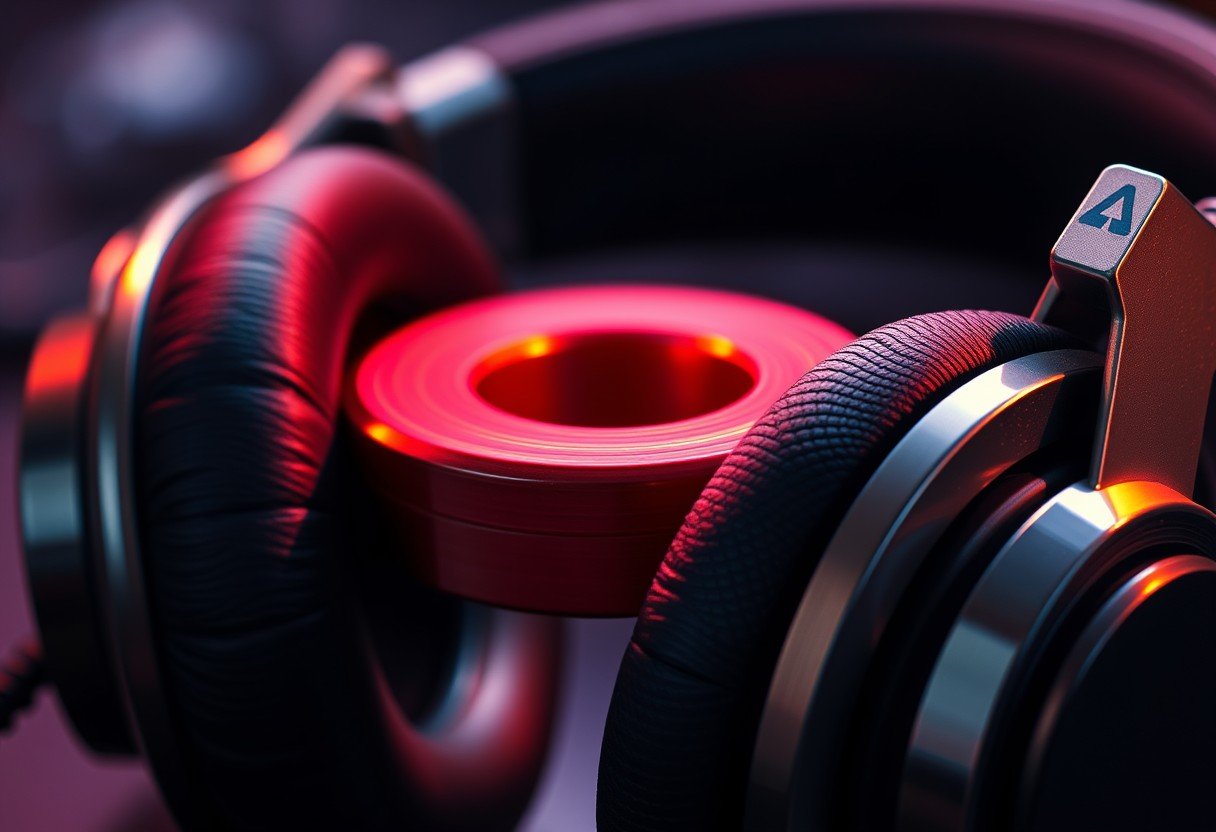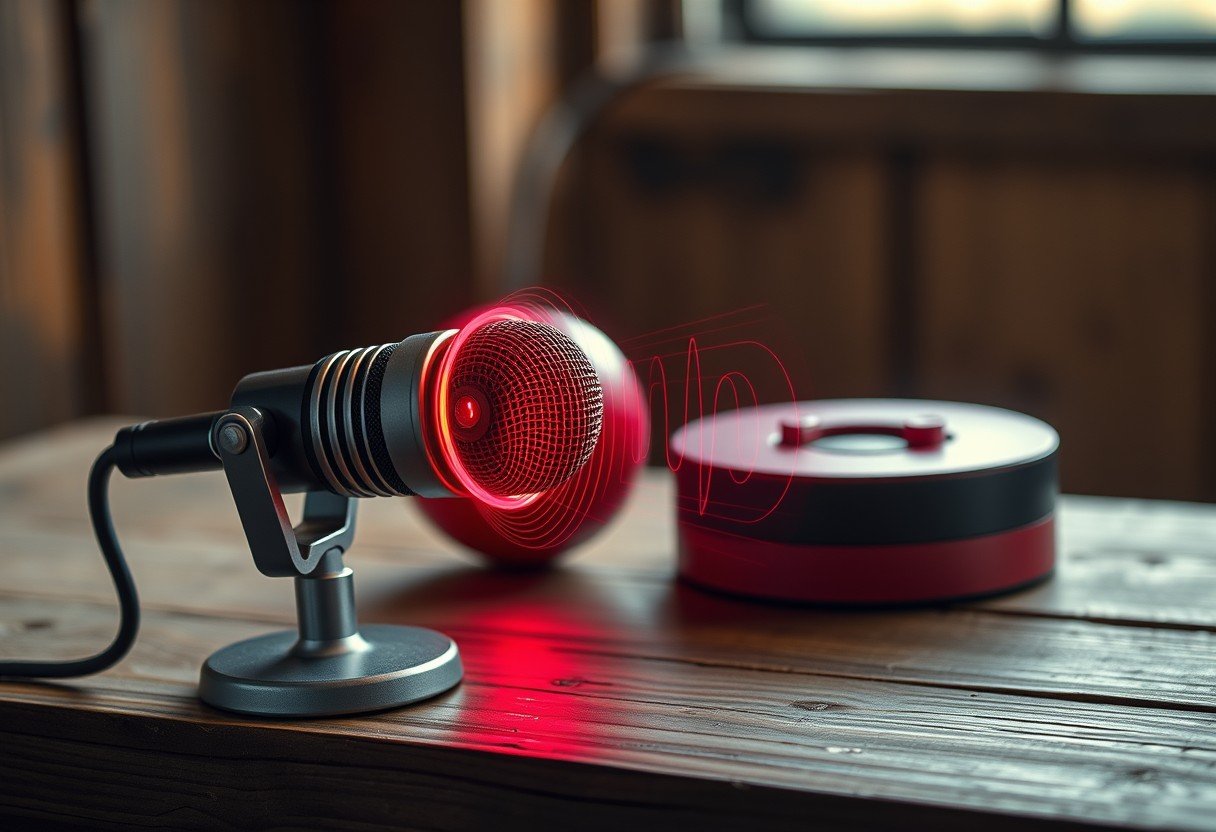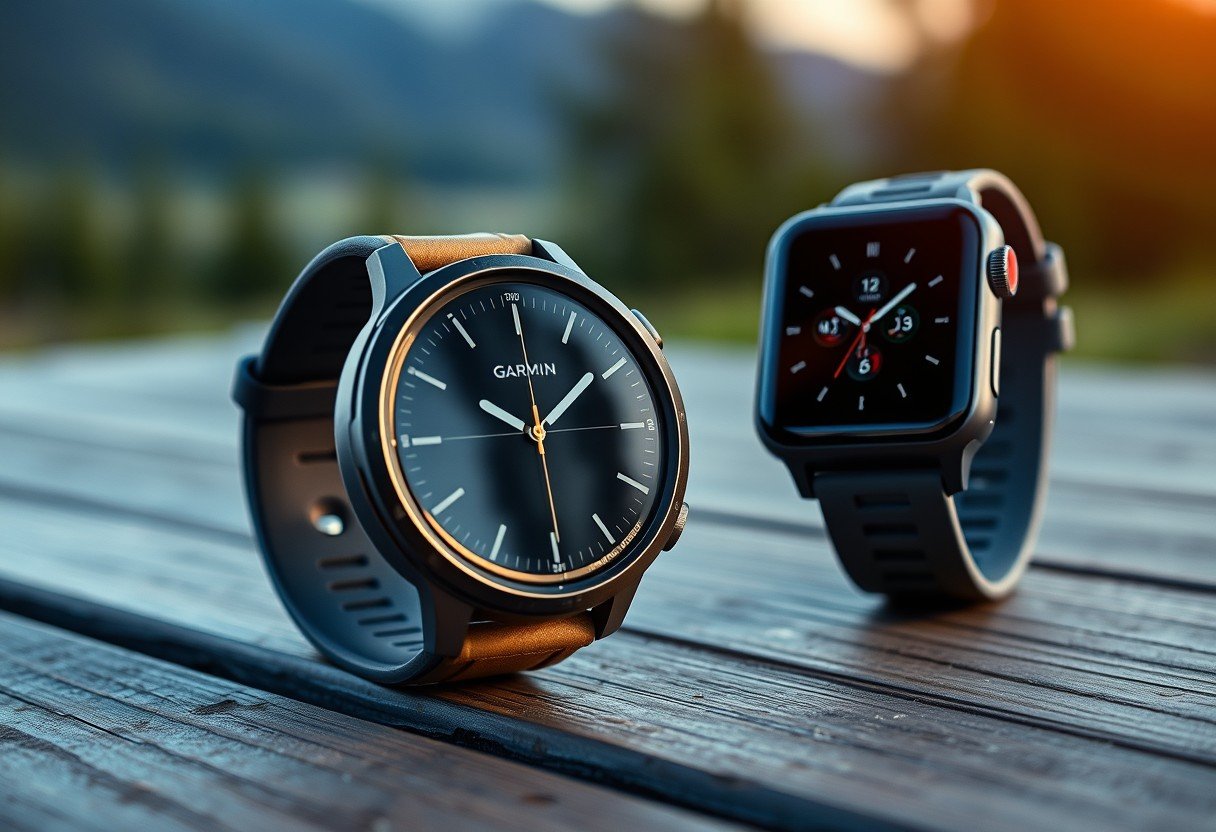Have you ever worried that magnets might be bad for your headphones? You’re not alone. The truth is, magnets are essential for your headphones to even work, turning electrical signals into the music you love. While the internal magnets are safe, strong external magnetic fields can sometimes cause issues. This article explores the real relationship between magnets and your audio gear, clearing up any confusion.
How do Magnets Make Sound in Your Headphones?
Magnets are the heart of most headphones. They are a critical part of the driver, which is the component responsible for creating sound. The process is a fascinating piece of science that happens in a split second.
When you play a song, an electrical signal travels down the headphone cable to a voice coil attached to a diaphragm. This coil is situated within a magnetic field created by the headphone’s magnet. The electrical signal causes the coil to move back and forth rapidly.
This movement makes the diaphragm vibrate, pushing air and creating the sound waves that travel to your ears. Without a magnet to create that initial field, this entire process wouldn’t happen, and you’d hear nothing but silence. The strength and quality of the magnet directly impact how accurately and clearly your headphones can reproduce sound.
Potential Risks of External Magnets on Headphones
While the magnets inside your headphones are perfectly safe and necessary, strong magnets from outside sources can sometimes cause problems. This is known as magnetic interference.
If you place your headphones too close to a powerful magnet, like a large speaker or industrial equipment, it can temporarily disrupt the magnetic field inside the headphone driver. This can lead to distorted sound, buzzing, or a temporary loss of audio. In most cases, simply moving the headphones away from the strong magnet will resolve the issue.
It’s very unlikely that a common household magnet will cause permanent damage to your headphones. They are built to withstand everyday environments. However, it’s a good practice to store them away from any unusually strong magnetic sources to ensure they keep working perfectly.
Another concern is hearing health. Headphones with powerful magnets can produce very strong bass and high volumes. Listening for long periods at loud levels can lead to noise-induced hearing loss. It’s important to keep the volume at a safe level to protect your hearing for years to come.
The Real Benefits of Magnets in Headphone Design
Far from being a problem, magnetic technology offers huge advantages in headphone performance. Manufacturers use specific types of magnets to achieve better sound, greater comfort, and a longer lifespan for the product.
The use of high-quality magnets, like neodymium, allows for superior sound clarity. These strong but lightweight magnets enable the driver’s diaphragm to move with more control and precision. This results in a richer, more detailed listening experience across all frequencies, from deep bass to crisp highs.
Magnets also contribute to the durability of your headphones.
- Longevity: Good quality magnets are resilient and don’t degrade easily, ensuring your headphones maintain their sound quality over years of use.
- Lightweight Construction: Modern magnets like neodymium are incredibly strong for their size, allowing manufacturers to build lighter and more comfortable headphones without sacrificing audio power.
- Efficiency: Stronger magnets are more efficient, meaning they can produce loud, clear sound with less power from your phone or audio player. This can even help save your device’s battery life.
Common Myths About Headphone Magnets Debunked
There is a lot of misinformation floating around about magnets in headphones. Many people worry that they can interfere with other devices or even pose a health risk. Fortunately, these concerns are almost always unfounded.
One common myth is that the magnetic field can harm your phone or laptop. The magnetic fields produced by headphone magnets are weak and contained within the headphone’s housing. They are not strong enough to affect other modern electronic devices you use nearby. Your headphones are designed to work perfectly without causing any interference.
Another concern is about health, specifically brain function. The scientific consensus is that the small magnets in consumer headphones are completely harmless to your health. Their magnetic field is insignificant and poses no risk.
Are There Headphones That Don’t Use Traditional Magnets?
Yes, while most headphones use traditional dynamic drivers with magnets, there are other technologies available for audiophiles seeking a different kind of sound experience. These alternatives operate on different principles to produce sound.
Planar magnetic headphones are a popular alternative. They use a thin, flat diaphragm suspended between two sets of magnets. This design allows for a very even and controlled movement, resulting in extremely low distortion and precise, clear audio. Many high-end audio lovers prefer them for their accuracy.
Another type is electrostatic headphones. These are more rare and expensive. They work by using a static electric field to vibrate an ultra-thin diaphragm. This technology is known for producing an incredibly detailed and spacious soundstage, though it often requires a special amplifier to power them.
What do Audio Experts Say About Magnets?
Audio engineers and industry experts agree that magnets are fundamental to good headphone performance. The discussion isn’t about whether magnets are good or bad, but rather about the quality and type of magnet being used.
Engineers emphasize that well-designed drivers with powerful magnets are key to accurate sound reproduction. The choice of magnet material plays a huge role in the final sound signature of the headphones.
| Magnet Type | Key Characteristics |
| Neodymium | Very strong, lightweight, and efficient. Used in most modern high-performance headphones for clear, detailed sound. |
| Ferrite | Heavier and less powerful than neodymium. Often found in older or more budget-friendly headphones, can still produce good sound. |
Consumer feedback generally aligns with this. While a few users express concerns about interference, the vast majority of reviews for headphones with strong magnets praise their enhanced sound quality, powerful bass, and overall immersive experience. Ultimately, reputable brands design their headphones so the benefits of high-quality magnets far outweigh any potential drawbacks.
Frequently Asked Questions about Magnets and Headphones
Are magnets harmful to headphones?
No, magnets are a crucial part of how most headphones work. However, exposing your headphones to a very strong external magnetic field could temporarily interfere with sound quality, but it is unlikely to cause permanent damage.
Can wearing headphones with magnets affect my health?
There is no scientific evidence that the small magnets in headphones pose any health risks. If you have a pacemaker or other implanted medical device, you should consult your doctor for specific advice.
What happens if I place my headphones near a strong magnet?
Placing headphones near a powerful magnet might cause distorted or weak sound. The external field can interfere with the headphone’s internal magnet. Simply move them away from the source to restore normal function.
Do all types of headphones use magnets?
Most common headphones use dynamic drivers that rely on magnets. However, alternative designs like electrostatic headphones use a different technology based on static electricity and do not use magnets in the same way.
How can I protect my headphones from magnetic damage?
To be safe, avoid storing your headphones directly on top of large speakers or near industrial magnets. For everyday use and storage, you don’t need to take any special precautions as they are designed for normal environments.








Leave a Comment